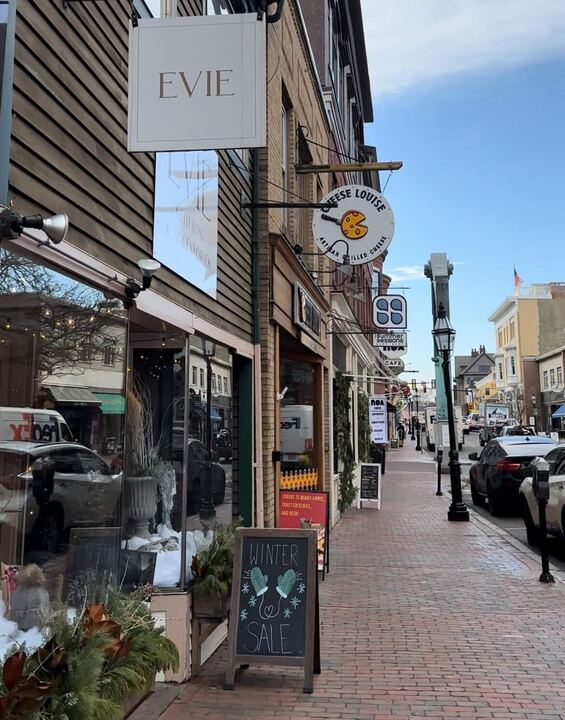By Katie Mcauliffe, Contributing Writer
What Bella Robinson is about to tell you might get her arrested, but she’s going to tell you anyway. Bella Robinson is an escort. Yes, she engages in sexual acts with men in exchange for money. But she wants to make it clear — she’s not your stereotype.
She will be celebrating her 50th birthday this year, having worked in this business on-and-off for the past 30 years.
The majority of her day makes up a mundane American experience, one that wouldn’t make it into the fictional narratives that cloud television misconceptions of the daily lives of sex workers. She goes shopping for groceries, pays her bills, chats casually with her landlord and talks to her daughter about her career as a hair stylist. Unfortunately, another mundane activity of her day is pretending she’s not a sex worker.
“Almost every person I interact with I have to lie to,” Robinson said.
It is the volatile and stigmatized conditions that exist for sex workers that push her life into one of secrecy. But Monday night, in front of over 60 University of New Hampshire students, Robinson shared the narratives often kept quiet. The event drew an impassioned crowd, one highly concerned with improving the social, political and labor conditions provided for sex workers.
“I’d like to see them being treated as human beings to start,” said Alona Brosh, a UNH junior.
Other students sought out an educational experience to develop their understandings of sex workers past the media’s topical and often problematic portrayal. “What we see in traditional media is what the people who make these decisions about what’s being shown think will be the most profitable and the most provocative because that is what will get the most viewers’ attention,” said Stephanie Kuhn, a UNH senior.
Often those media representations present themselves in caricatures of sex workers as destitute drug addicts or high class call girls who exist only to expose the transgressions of high power politicians.
Sex worker rights is a main point of study for Dr. Joelle Ruby Ryan. “It’s a woman’s issue. It’s a feminist issue. It’s a worker rights issue,” she said.
Robinson led a lecture, sponsored by the UNH Women’s Studies Department, entitled “Sex Worker Rights are Human Rights” in conjunction with Dr. Joelle Ruby Ryan, a Women’s Studies professor. The lecture was open to the student body and general public, and it brought out a highly interactive and curious crowd.
Long auburn hair, eyelids glazed in a smoky shimmer, clad in a modest black dress coming down to her knees, Robinson spoke in a loud, almost hoarse voice that demanded the audience’s attention.
Although Robinson describes herself as shy, her candor and vernacular language embody a “tell-it-like-it-is” mentality that is refreshing and unapologetic.
“I’m not a blow-up doll,” she said, speaking of the expectations for her interactions with clients. “It’s simply a chance to seduce me.”
Beyond sexual acts, Robinson said most of her time spent with clients is doing normal, well, boring things.
“Talking about the weather, talking about politics; a lot of it is just about human touch,” she said.
She notes the therapeutic role escort work can offer for those suffering from disabilities or severe social anxiety. Some things as basic as holding hands can be incredibly difficult for some.
Having grown up with an alcoholic, schizophrenic mother, her childhood was not one of white-picket fences and school dances.
Most of her adolescence was spent running away from home, sneaking off to bars or in juvenile detention centers. Ultimately, she ended up in foster care. Fed up with the supervision and restraint imposed by foster care, at 17 years old she married a 41-year-old she met at a bar.
After six months, she filed for divorce and started working as a prostitute on a Florida boulevard to support herself.
Although her early life was ridden with precarious drug use and difficult family relations, Robinson has a positive outlook that extends into her activism. At times, the gravity with which she spoke silenced the room, at other times her candor and kooky humor filled the Memorial Union Building Theater with amusement.
“My pimp is my cat,” she said, before erupting into hoarse laughter.
But when it comes to the lives and safety of sex workers, she speaks gravely and slowly.
“No one’s even counting how many dead sex workers there are,” she said.
The notion that sex workers are less than human or disposable in some way encourages the violence against the group. Robinson notes that often the police cause more harm than good in protecting sex workers.
“Any time a woman can’t dial 911 and report violence, there’s a problem,” she said.
Robinson encourages students to learn more about sex workers and speak out against those who vilify sex workers.
“It’s about every person standing up when you hear something,” she said.























